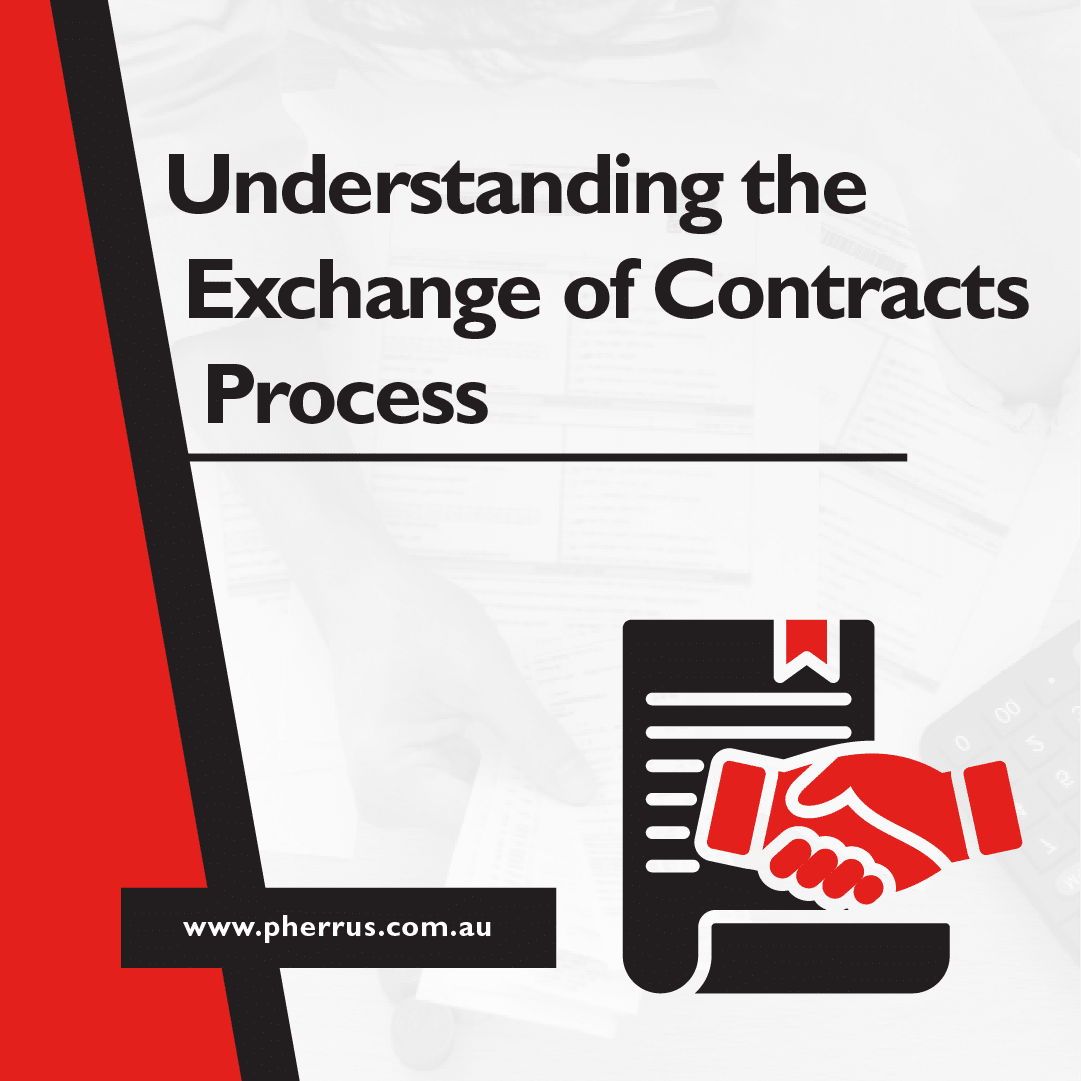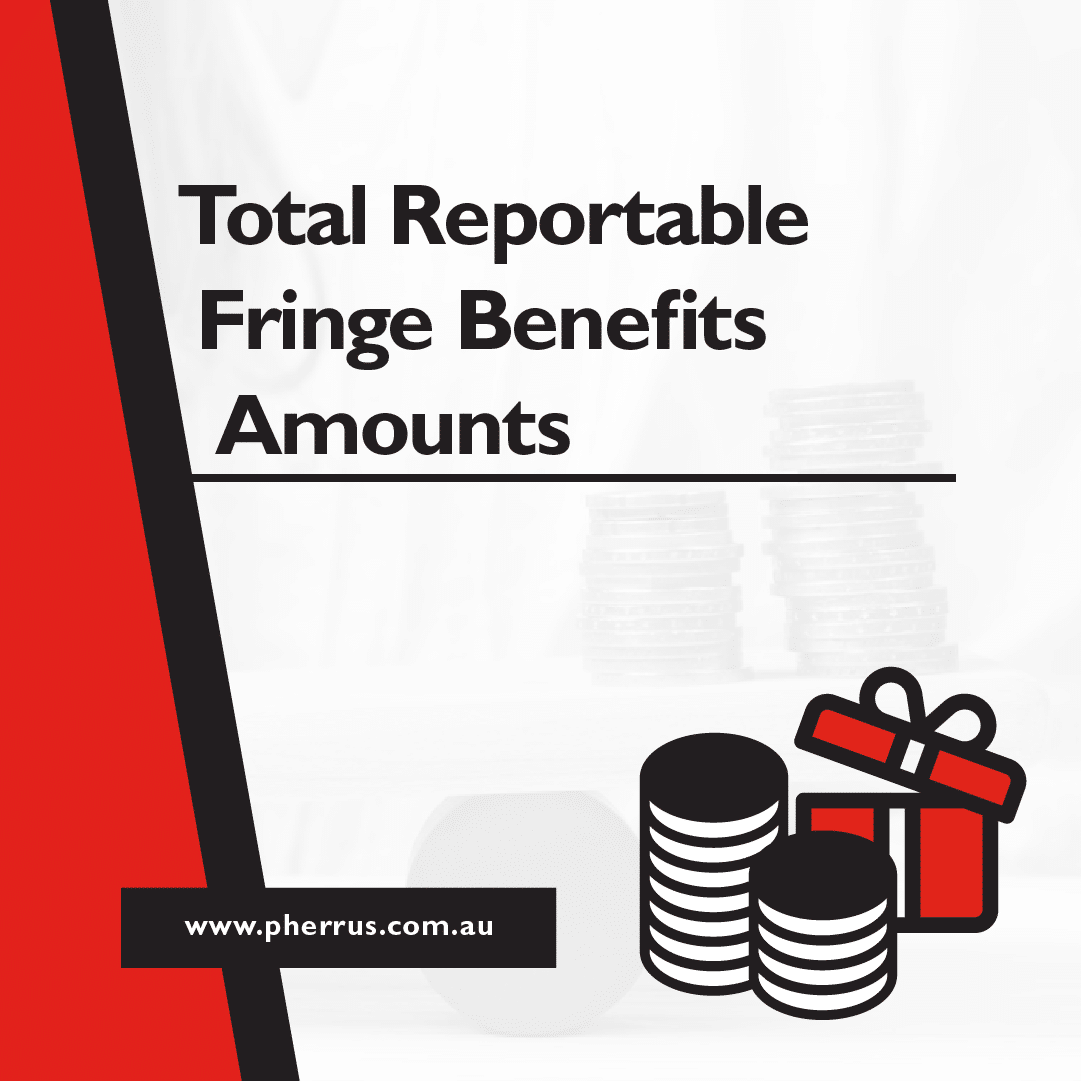If you own a business in the building and construction industry, you’re required to keep track of all payments you make to contractors. Each year you must report these payments to the Taxation Office by August 28. For this reporting, you will use the Taxable Payments Annual Report (TPAR) form. Here are the basics you need to understand to properly lodge this form :
Which payments am I required to report ?
This reporting is on a “cash basis,” which means that you only report the payments you actually made during the year you’re reporting on. Unpaid invoices and future commitments as of June 30 are not included in this accounting. Also, while you must report payments that you make for all construction-related services, you don’t have to include payments to people who perform maintenance and repairs on the equipment that you own. You are also not required to report payments that you make to property managers, because they are not providing you with construction and building services. However, if you yourself are a property manager who pays plumbers and other building contractors, then you may be required to lodge a TPAR that reports these payments. You may wish to consult a tax professional to determine your obligation in this respect.
Which payments are exempt from the requirement ?
In addition to exceptions listed in the paragraph above, you are also not required to report payments you make that are solely for materials. The efforts of contractors who deliver the materials (for example, the driver of a concrete truck) are not considered to be reportable unless they provide an additional construction service. Furthermore, you are not required to report any payments you make to workers on a labour-hire basis, as long as you are withholding some of their pay according to the Pay As You Go (PAYG) provisions. If you made no payments to any contractors during the year, you may choose to complete a TPAR nil report online, but you are not required to do so. If you are no longer doing business in the construction and building industry at all, you should update your information in the Australian Business Register.
The purpose of the TPAR form is to provide the ATO with information on the income of individual contractors. The ATO will match the payment information you provide with the contractors’ own tax returns, in order to ascertain that the contractors are reporting their income accurately. For the complete regulations pertaining to the TPAR, you can visit the FAQ page for the TPAR on the Taxation Office website.




